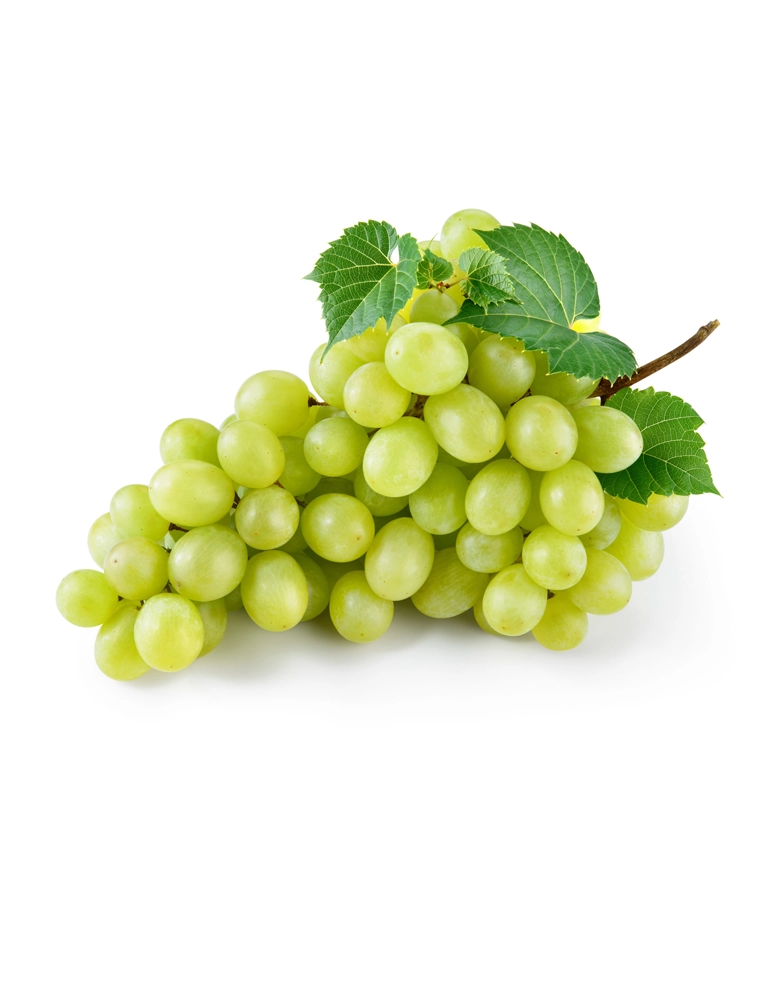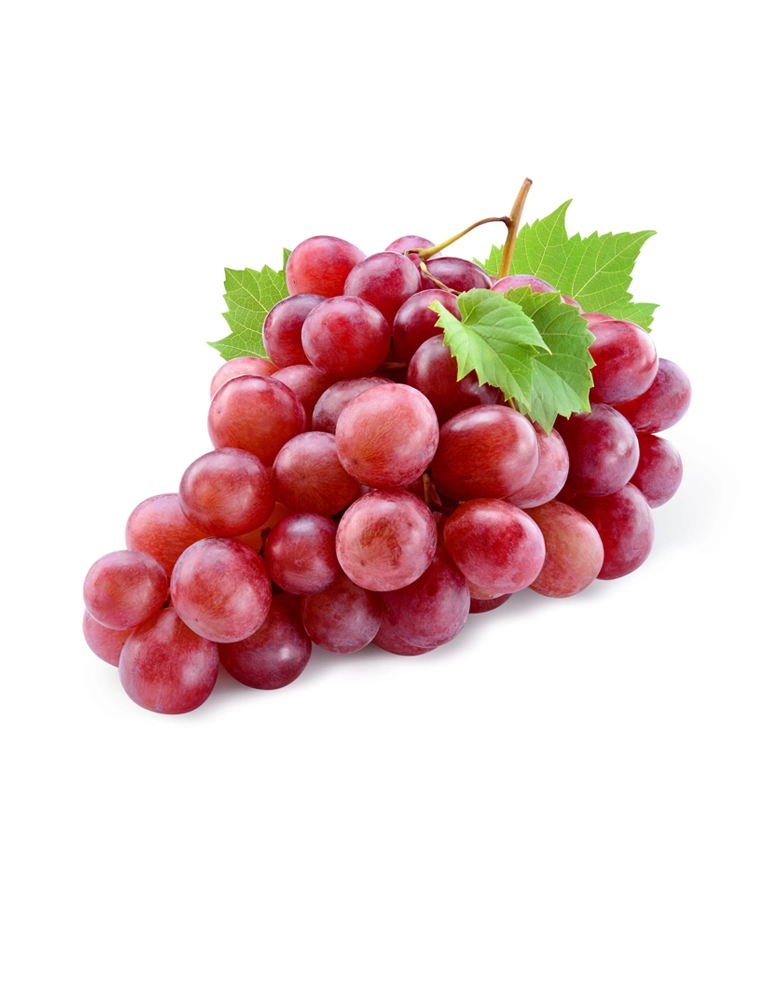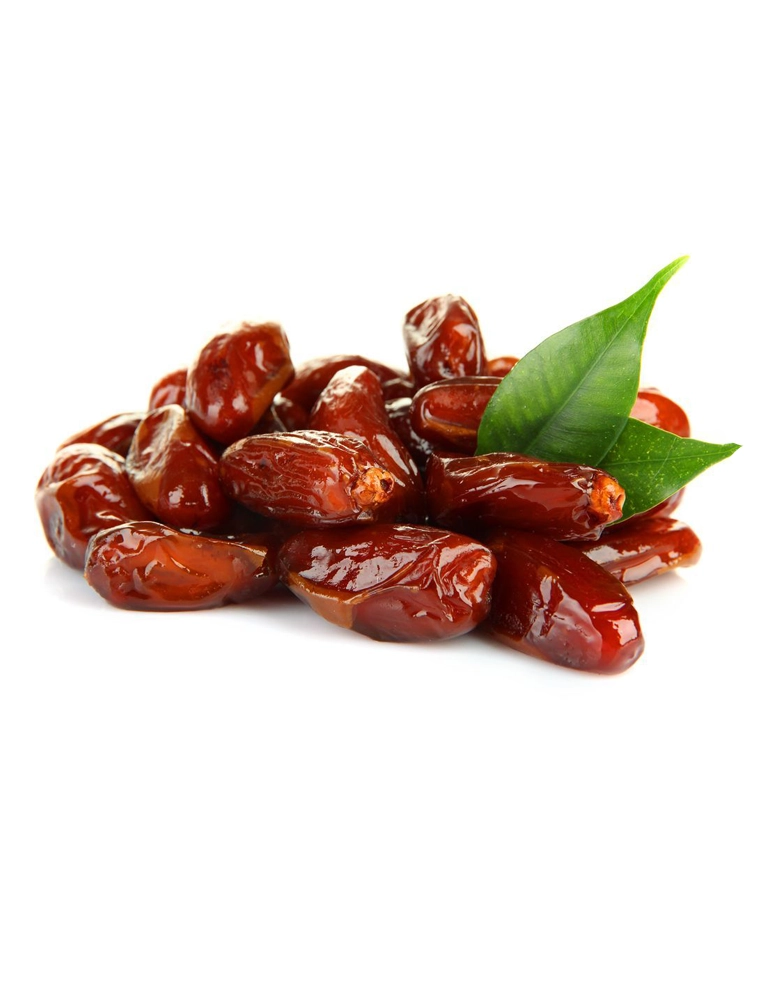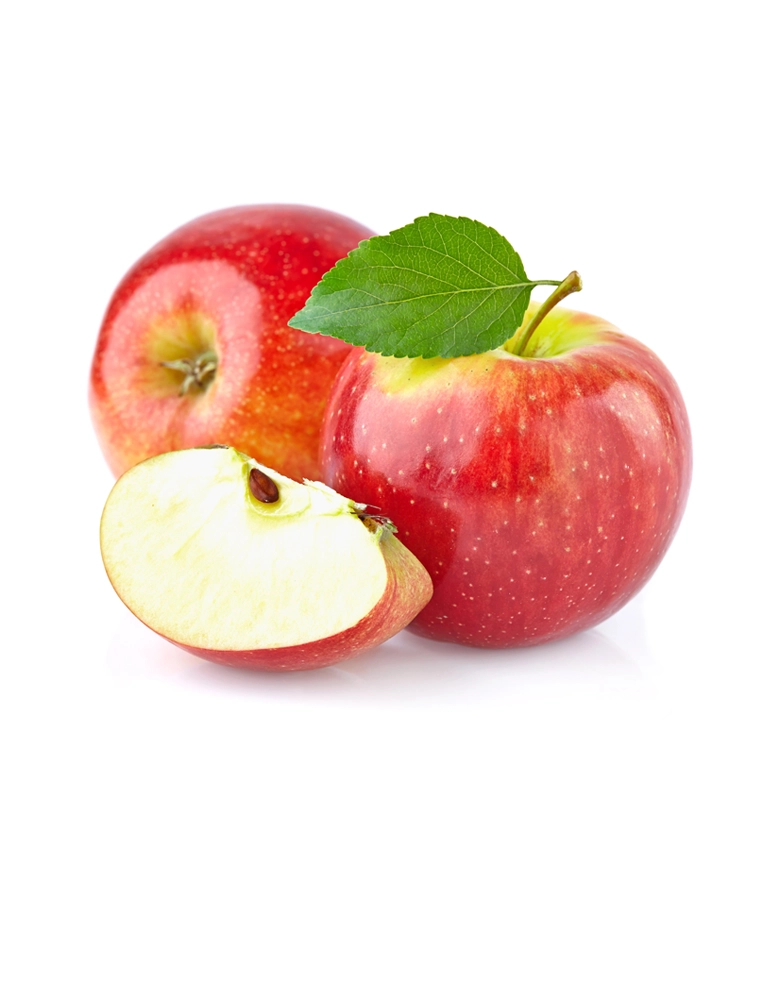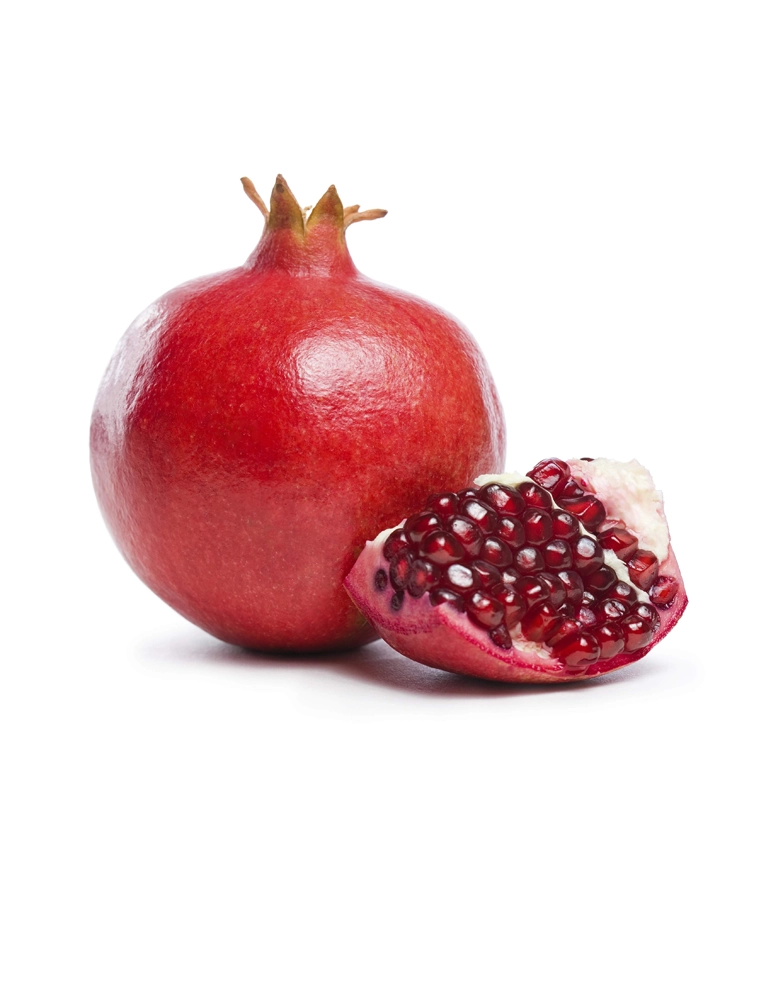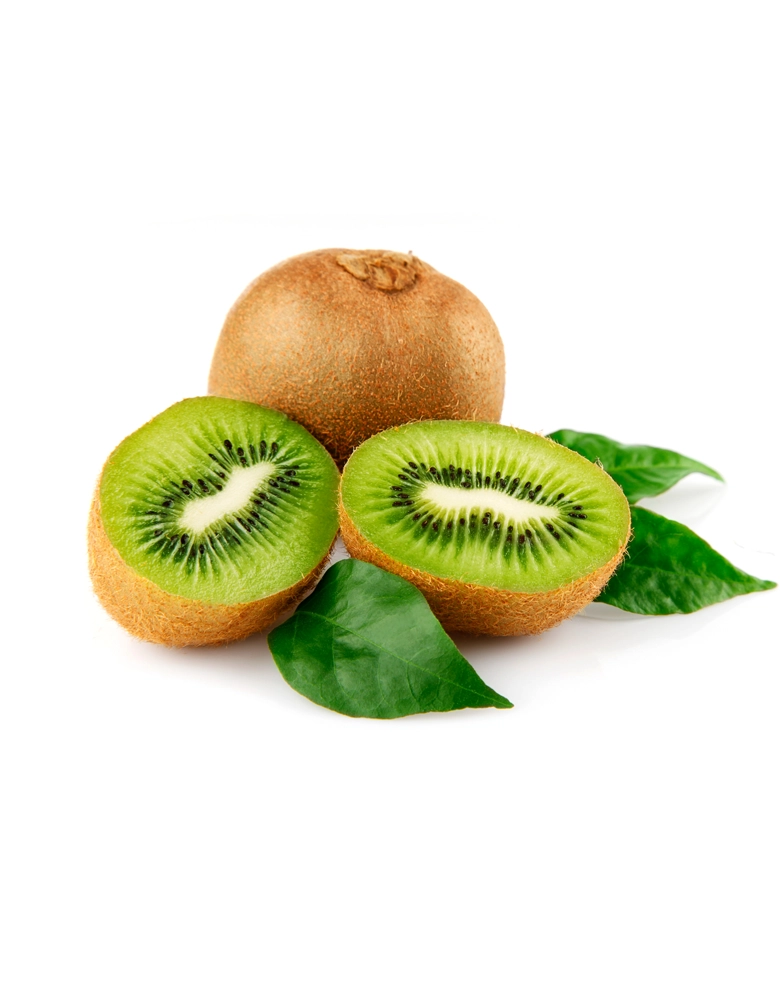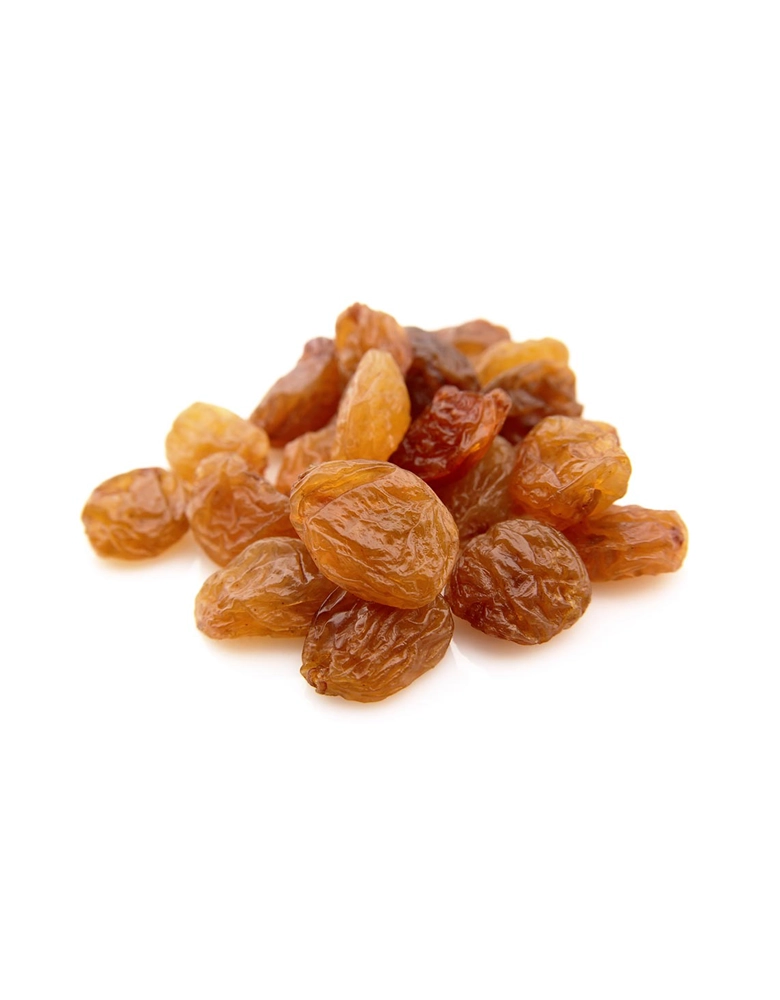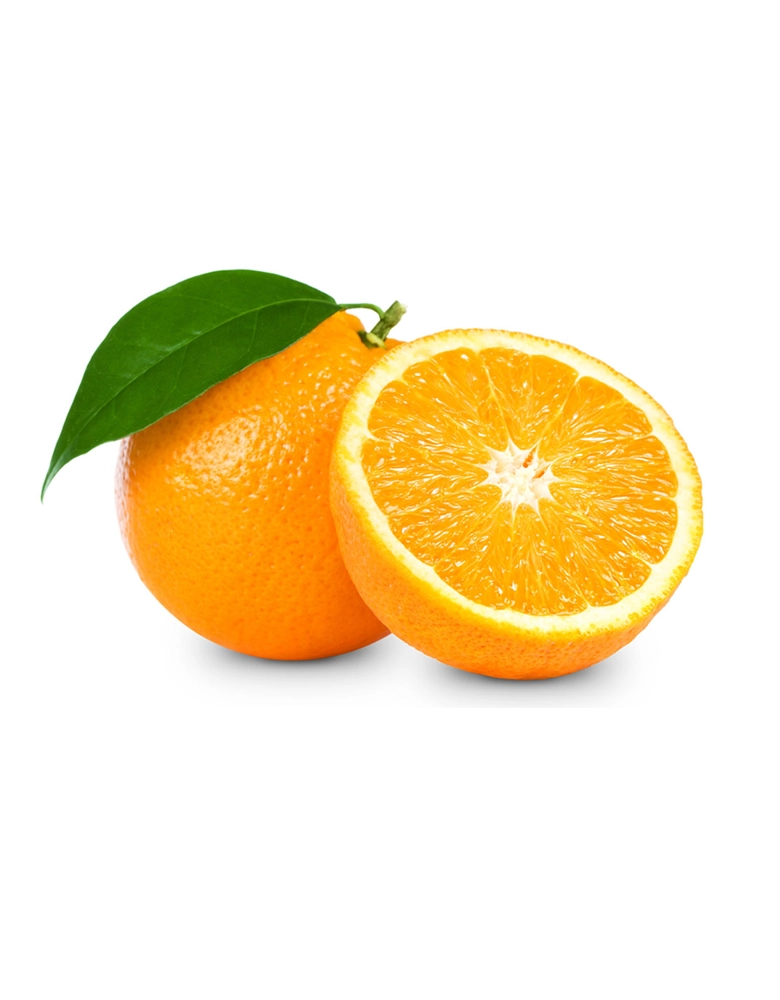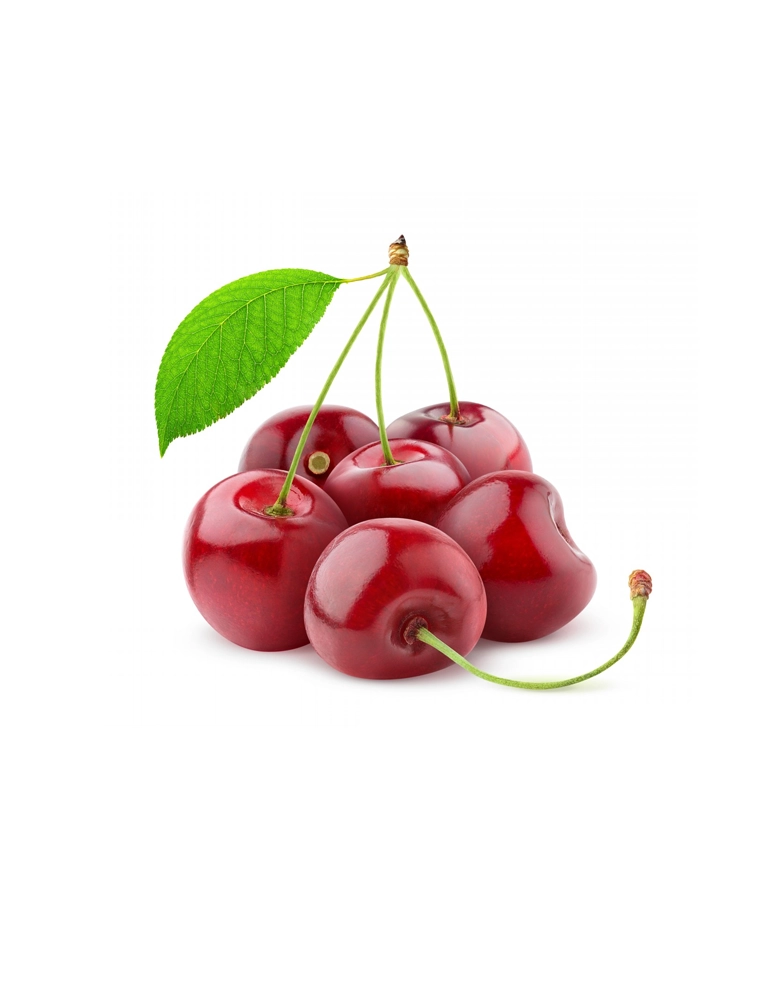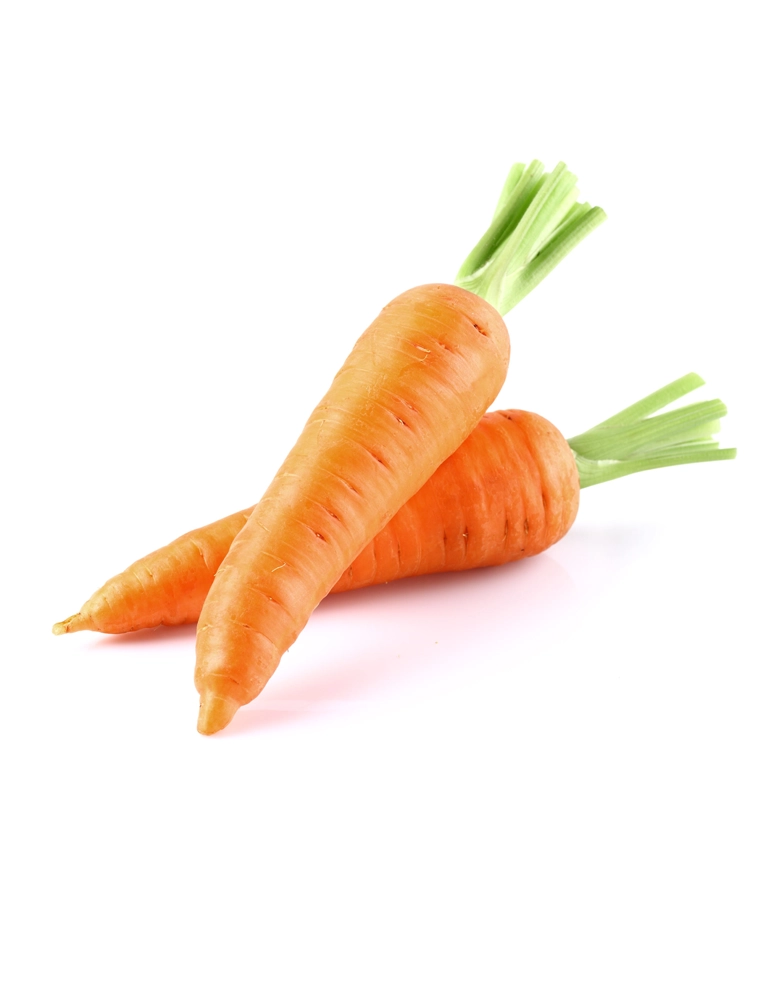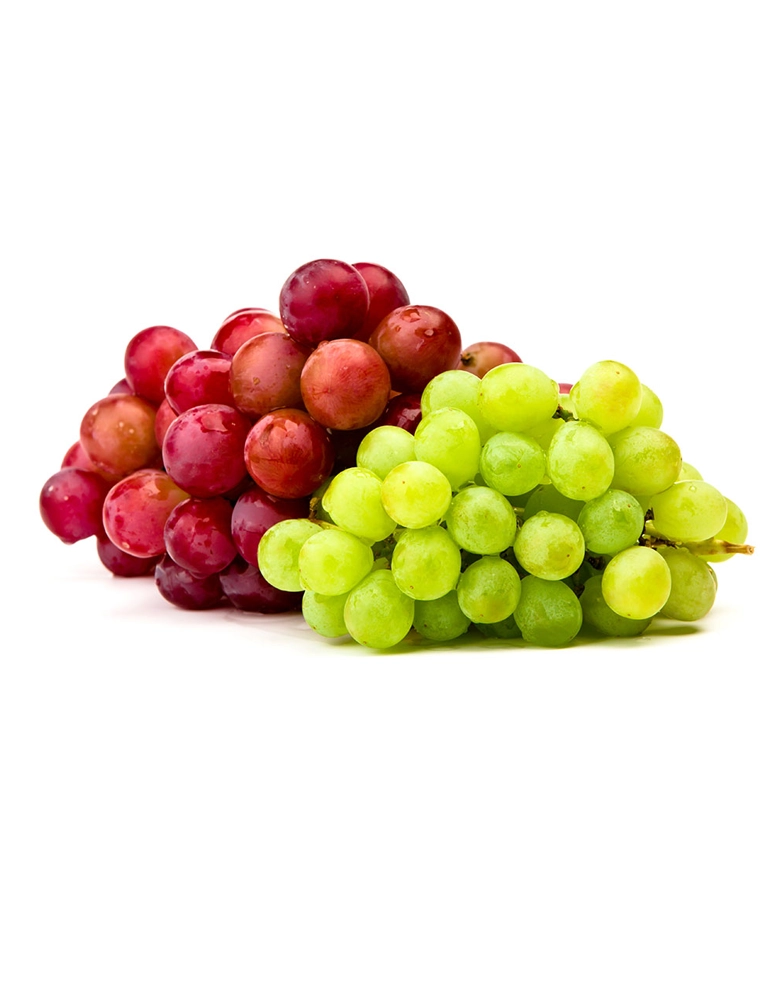
Analysis of Grape Juice Concentrate
| Brix | 65 ± 1 |
| Ph | 3.2 – 3.6 |
| Acidity | 1 – 1.6 gr/100gr |
| NTU | Max 6 |
| Color ratio (IFU method) | Min 1.5 |
| Storage condition | Max 0°c |
| Packing | 270 - 280 kg in Aseptic or Non Aseptic bags |
Table of Contents
ToggleIntroduction
Grape juice concentrate (GJC) is a natural sweetener made by extracting the juice from fresh grapes and evaporating the water to concentrate its natural sugars, vitamins, and minerals. It is widely used in the food and beverage industry to sweeten and enhance the flavor of various products, such as baked goods, beverages, and sauces. In this article, we will explore the production process, nutritional profile, and culinary uses of Grape juice concentrate.
Production of Grape Juice Concentrate
The production of Grape juice concentrate involves several steps, including washing and sorting the grapes, crushing them to extract the juice, and filtering the juice to remove any solids or impurities. The juice is then concentrated by evaporation using thermal or vacuum methods, resulting in a thick and syrupy liquid. The final product can vary in color, taste, and nutritional content depending on the variety of grape used, the production process, and the quality of the final product.
Nutritional Profile of Grape Juice Concentrate
Grape juice concentrate is a nutritious ingredient that offers several health benefits due to its high content of natural sugars, dietary fiber, vitamins, and minerals. It is a rich source of antioxidants, such as polyphenols and resveratrol, which have been shown to reduce inflammation, oxidative stress, and the risk of chronic diseases. Grape juice concentrate also contains potassium, iron, and calcium, which are essential for maintaining healthy blood pressure, iron levels, and bone health.
Culinary Uses of Grape Juice Concentrate
Grape juice concentrate is a versatile ingredient that can be used in various sweet and savory recipes, such as marinades, glazes, dressings, and smoothies. It provides a natural sweetness and fruity flavor to these recipes and can also act as a healthier alternative to refined sugar or artificial sweeteners. Additionally, Grape juice concentrate can be used to create custom blends of grape juice with other fruit juices or flavors, giving chefs and manufacturers more creativity and diversity in their product formulations.
Conclusion
Grape juice concentrate is a natural and nutritious ingredient that offers many culinary and health benefits. Its production process involves several steps that can affect the quality and nutritional content of the final product. When choosing Grape juice concentrate, it's important to look for high-quality products that have no added sugars or preservatives and to consume it in moderation as part of a balanced diet. By understanding the production process, nutritional profile, and culinary uses of Grape juice concentrate, chefs and manufacturers can appreciate the value and versatility of this ingredient.

